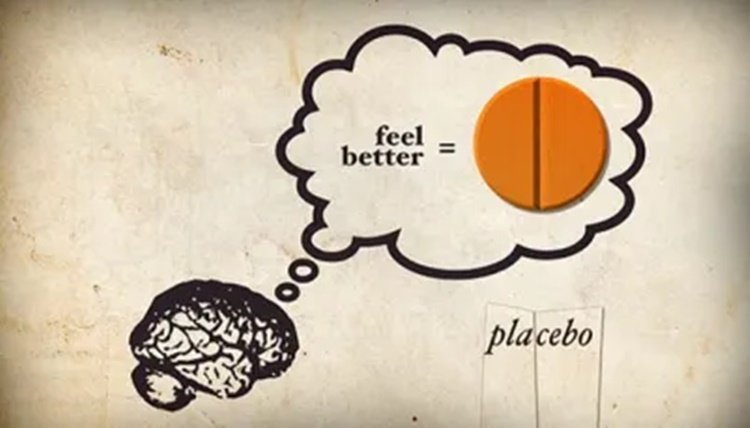What is the Placebo Effect?
Here is the origin of the term “placebo” and the explanation of the placebo effect when it comes to the medical field.
In Latin, placebo means “I will please”. The Oxford English Dictionary (OED) explains this term as “the first word of the first antiphon of vespers in the Office for the Dead”—an evening prayer that Catholics recited for people who had died, based on the article in Mental Floss.
The full translation is “I will please the Lord in the land of the living.” Eventually, people started using the term placebo to refer to the entire prayer.

Then, the meaning of the word started to evolve and people used the secondary meaning of placebo. It was used to imply that a person was flattering someone in a sycophantic or servile way. OED explained that when the word placebo is referred to a person, it means that he/she is “a flatterer, a sycophant, [or] a parasite.”
In medicine, there is a term called the “placebo effect.” Flattery means you make someone feel good even if it is not necessarily true. Then, this became a term in medicine and it is defined as any drug or treatment meant to make someone feel good. However, this is beyond proof of medical potency.
Physician Andrew Duncan, in his 1770 book Elements of Therapeutic explained, “Where a placebo merely is wanted, the purpose may be answered by means, which, although perhaps reduced under the materia medica, do not, however, deserve the name of medicines.”
The term placebo effect came to life in the early 1900s. Then, its evil twin was introduced – the nocebo. In Latin, this means “I will harm.” It is explained as a medically worthless or empty treatment that in one way or the other causes a patient to feel worse.
For a more elaborate explanation of this matter, here’s a video from the Medlife Crisis’s YouTube channel.
